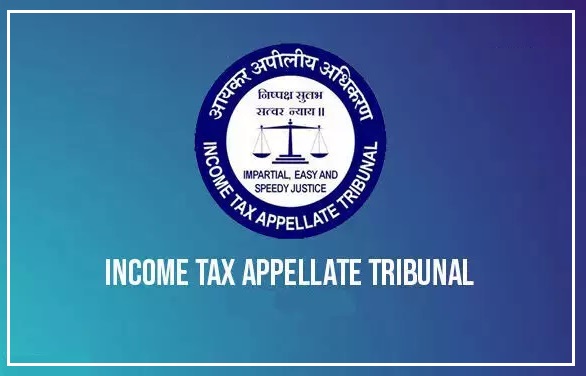Appointment of Auditor under Section 139 of the Companies Act, 2013

The appointment of an auditor is a crucial element for any company under the Companies Act, 2013 in India. Auditors are vital as they review and verify the company’s financial statements, ensuring accuracy and compliance with various statutory and regulatory requirements. Section 139 of the Companies Act, 2013, lays down the procedures and rules for the appointment, reappointment, and rotation of auditors. Understanding these provisions is essential for maintaining the integrity of financial reporting in companies. This article will explore in detail the appointment of auditors as prescribed by Section 139 of the Companies Act, 2013.
Overview of Section 139
Contents
Section 139 of the Companies Act, 2013, primarily deals with the appointment of auditors in companies. It was introduced to enhance the independence of auditors and to ensure that the audit process remains robust, transparent, and free from any undue influence of the management of the company. The section includes provisions related to the tenure, manner of appointment, reappointment, and rotation of auditors.
Appointment of Auditors
1. First Auditor:
- Timing and Process: The first auditor of a company must be appointed by the Board of Directors within 30 days from the date of registration of the company. If the Board fails to appoint such an auditor, it is required to inform the members of the company, who shall then appoint the auditor at an extraordinary general meeting (EGM) within 90 days.
- Tenure: The first auditor shall hold office until the conclusion of the first annual general meeting (AGM).
2. Subsequent Auditors:
- Annual General Meeting (AGM): Auditors appointed in a general meeting are typically appointed from the conclusion of that meeting until the conclusion of the sixth AGM. The appointment is subject to ratification at every AGM.
- Filing with ROC: The company is required to file a notice of such appointment with the Registrar within 15 days of the meeting in which the auditor is appointed.
Rules Regarding Rotation of Auditors
To ensure the independence of the auditing process, the Companies Act mandates the rotation of auditors. For public companies, the rules are as follows:
- Individual Auditors: An individual as an auditor cannot be appointed or reappointed for more than one term of five consecutive years.
- Audit Firms: An audit firm having a network of firms, cannot be appointed as auditors of the same company for more than two terms of five consecutive years.
- Cooling-off Period: Post the term, there should be a cooling-off period of five years before the same individual or audit firm can be reappointed in the same company.
Exemptions and Special Cases
- Small Companies: Small companies, as defined under the Act, are exempted from the requirements of auditor rotation.
- Government Companies: The appointment of auditors for government companies is handled by the Comptroller and Auditor-General of India.
Importance of Auditor Independence
The independence of auditors is fundamental to the credibility of the financial disclosures made by a company. The provisions under Section 139 are designed to prevent any undue influence from the management and to ensure that the auditors perform their duties objectively and freely.
Challenges in Implementation
- Finding Qualified Auditors: Especially in smaller towns and cities, finding auditors who meet the qualifications and are not in a conflict of interest can be challenging.
- Increased Costs: Rotation of auditors might lead to increased costs as new auditors might need more time to understand the business and accounting policies of the company.
- Operational Challenges: Transitioning from one auditor to another can lead to operational inefficiencies.
Conclusion
The appointment of auditors as per Section 139 of the Companies Act, 2013, is a critical aspect of corporate governance. It ensures that financial statements are accurately presented and reflects the company’s financial position fairly. By adhering to these rules, companies not only comply with legal requirements but also build trust with shareholders and investors. Continuous updates and adherence to these regulations are essential for maintaining the integrity and transparency of the auditing process in Indian companies.






